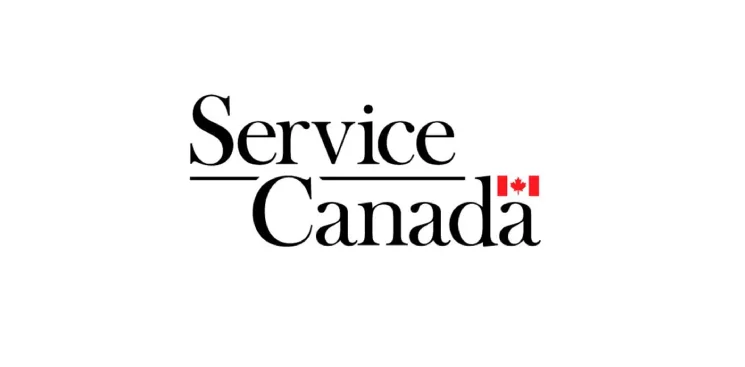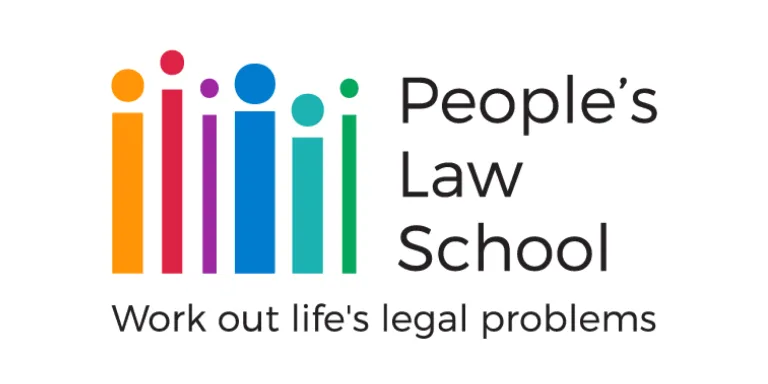Taking time off to have or parent a child

In BC, new parents are entitled to take time off when they have a baby or adopt a child. Two types of leave are available: parental leave and maternity leave.
What you should know
Two factors affect your right to take time off to have a baby or adopt a child:
whether you’re covered by the BC Employment Standards Act (the main provincial law that protects workers)
your employment contract
The Employment Standards Act sets out minimum standards for working conditions — including leave — in BC. Most workers are covered. But not all are.
Workers who aren’t covered by the Act don’t have the same rights to leave as workers who are. If you’re unsure whether this law applies to you, we offer guidance. See who’s covered by BC’s employment standards law.
Your employment contract may say how much maternity or parental leave you’re entitled to. Note that every worker has an employment contract, whether or not there’s a written agreement.
For example, the terms of your contract could come from what was in the job ad. Or any emails you exchanged with your employer when you were hired.
If you’re covered by the Employment Standards Act, your contractual rights can’t be less than your rights under this law. In other words, you can’t contract yourself out of your entitlements under employment standards law. This goes for parental and maternity leave.
If your contract gives you more rights than the minimums under the Act, then you’re entitled to those greater rights.
Pregnant workers covered by BC’s employment standards law are entitled to 17 weeks off work, without pay, to have their baby. This is called maternity leave.
Some employers offer paid maternity leave. If yours does, it would be spelled out in your employment contract. More commonly, pregnant workers apply for EI benefits while they’re off work. More on this shortly.
You must give your employer at least four weeks of written notice before you expect to take maternity leave. Your employer can ask for a doctor’s note to confirm your entitlement.
Parents are entitled to unpaid leave from work when their child is born or adopted. This is called parental leave. Parents can take their leave together, share it, or take it at separate times.
If a pregnant worker has taken maternity leave, they can take up to 61 additional consecutive weeks of parental leave. The leave must be taken immediately after the maternity leave (unless your employer agrees otherwise).
Parents who haven’t taken maternity leave can take up to 62 consecutive weeks of parental leave. The leave must begin within 78 weeks of the child’s birth.
Adoptive parents are also entitled to up to 62 consecutive weeks of parental leave. The leave must begin within 78 weeks of the adoption.
You must give your employer at least four weeks of written notice before you expect to take parental leave. Your employer can ask for a doctor’s note to confirm your entitlement.
Your employer isn’t legally required to pay you while you’re on parental or maternity leave. But many employers choose to offer paid leave. If your employer provides paid leave, it’d be spelled out in your employment contract.
You may be eligible to collect employment insurance while you’re on maternity or parental leave.
Maternity benefits are available to someone who’s away from work due to being pregnant or giving birth. You could receive up to 55% of your usual earnings (capped at a max amount per week) for up to 15 weeks.
Parental benefits are available to parents of a newborn or newly adopted child.
You have two options here. First, a standard rate that pays up to 55% of your earnings (capped at a weekly max) for up to 40 weeks. Or, an extended rate that pays 33% of your earnings (also capped at a weekly max) for up to 69 weeks.
The federal government’s website has details on how to apply. Visit the government’s website.
If your employer treats you differently because of your pregnancy, it’s a violation of your human rights. The law calls it discrimination.
For example, say your boss assigns you to an important new project. Then he finds out you’re pregnant, and takes you off the project. He tells you that he doubts you’d be able to handle the extra work as a new parent. That’s discrimination.
If you think you’ve been discriminated against, we’re here for you. See our guidance on if you’re discriminated against at work.
On top of that, your employer can’t fire you because you’re pregnant or took maternity or parental leave. And they can’t change a condition of your job without your consent, just because you’re pregnant or took leave.
You have additional rights when you’re pregnant. Your employer has a duty to accommodate your needs, and ensure you return to the same (or similar) job. For the details, check out our in-depth info on this topic. See taking time off to have or parent a child.
Work out problems
If you want to go on maternity or parental leave but run into issues, there are steps you can take.
Step 1. Notify your employer
Step 2. Speak with your employer
Step 3. Write to your employer
Step 4. Make a complaint
Step 1. Notify your employer
You must give your employer written notice at least four weeks before you expect to go on maternity or parental leave. If you plan to take both types of leave, you need to give separate notices. But you can give them at the same time.
Step 2. Speak with your employer
If you give your employer enough notice, they should grant your request to take leave. If they refuse, you can try raising the issue with them directly. Approaching your boss can be nerve-wracking, and it’s normal to be nervous. We’ve got tips to help make it easier. See our tips for talking to your employer.
Step 3. Write to your employer
If talking to your employer in person doesn’t work (or you’d rather skip that step), try writing a letter. Explain your concerns, and describe how your employer’s decision has affected you personally.
We can give you some tips. See our five tips for writing to your employer.
Step 4. Make a complaint
If you and your employer still aren’t seeing eye-to-eye, you can make a formal complaint. Workers covered by BC’s employment standards law can start a complaint with the Employment Standards Branch.
We explain the steps involved. See making an employment standards complaint.
You may also be able to file a human rights complaint. BC’s human rights laws prohibit an employer from discriminating against a worker because they’re pregnant or have given birth.
The BC Human Rights Tribunal’s website has information on how to file a complaint. Visit their website.
We have in-depth information on taking maternity or parental leave. See taking time off to have or parent a child.
Who can help
Consider contacting these agencies for help if you’re denied leave.

Employment Standards Branch
Administers the law in BC that sets minimum standards for workers.

Service Canada
Can help with questions or concerns about employment insurance benefits.

BC Human Rights Tribunal
Receives and resolves discrimination complaints under BC law.
Getting legal advice can help you decide on your next step.

Lawyer Referral Service
Helps you connect with a lawyer for a complimentary 15-minute consult to see if you want to hire them.

Access Pro Bono's Free Legal Advice
Volunteer lawyers provide 30 minutes of free legal advice to people with low or modest income.
This information from People’s Law School explains in a general way the law that applies in British Columbia, Canada. The information is not intended as legal advice. See our disclaimer.
Related
On Dial-A-Law
Dial-A-Law has more information on Time off work in the section on Work.
